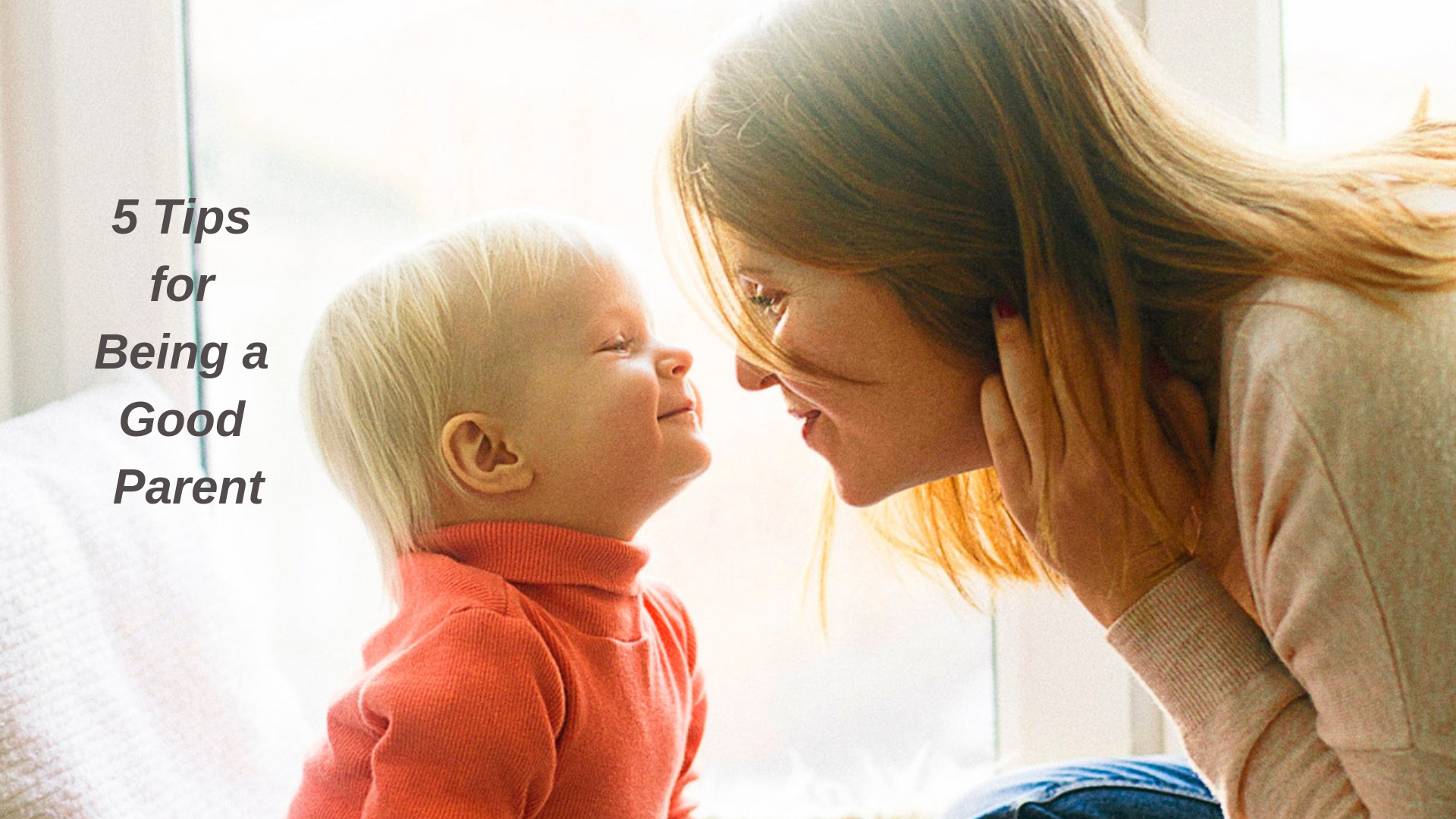We all want to be the best parents in the world for our kids. However, this is sometimes easier said than done since parenting often implies having to make the right call in an instant. That being said, no parent is perfect, and what makes you a good parent is working towards being the best you could be. So, to help you stay on the right track, here are five tips you should think about.
Be a good role model
Don’t just tell your kids how they should behave – show them. Kids tend to mimic their parents, which is why it’s important to be the kind of person you want your kids to become. Respect people around you, show affection towards your partner, help those who need help, etc. Of course, we all have a few bad habits that we don’t want our kids to pick up. In regard to those details, make sure your child knows why something should not be done – even though you’re doing it – and not just because you “said so”.
Spend Quality Time Together
Quality family time is essential to healthy family relationships and parenting. Spending quality time with your children can be done in many ways, such as family hikes, movies, or playing family board games together.
Spending quality family time demonstrates to your children that they are important enough for you to use some of your precious free time on them. Not only will they feel loved, but it’s also a great chance to create family traditions that bring you all closer together.
It also allows every family member to talk about their day and express themselves. Making an effort to go out of your way to spend quality family time exemplifies what it means to be a good parent – you value family connections more than anything else.
Don’t compare

People are very prone to comparison, and even though there’s nothing wrong with it when it comes to clothes, movies, or food, you should never compare your child to other kids. For instance, when talking about childhood development, one set of skills will often develop faster than the other. This can make parents worry when the said set of skills is not the one they expect. However, it’s important to consider the child’s personality. For example, if you know that your kid is shy, it’s normal that they won’t be as chatty around other kids – but they might be very talkative around their toys or pets.
Moreover, a comparison often leads to labels, which can sometimes lead to rivalry, especially among siblings. In some cases, it may even encourage the behaviour you labelled as negative. So, if you do ever feel the need to “label” your child, try to use more descriptive words, like energetic instead of hyper or careful instead of shy.
Let them decide
Many parents feel the urge to constantly supervise their kids and do things for them. True, this can sometimes be easier and faster than letting your kids do things on their own. However, you should also encourage your kids to be independent and responsible, and they can’t be that if you don’t let them do anything alone.
Therefore, don’t do things that they should be able to do on their own – if they don’t know how to tie their shoes or button their shirt, it’s time to teach them. Also, let them make age-appropriate choices, like choosing their own clothes. For example, if they are a bit younger, you can browse an online baby clothing store together, and you can ask them to choose between different colours.
Give your children a sense of security

Children who have a stronger sense of security have shown to perform much better in school and have healthier relationships as they grow up. This doesn’t really come as a surprise since having a stable and loving family makes growing up much less stressful. So, to provide your child with that sense of security, do your best to show affection towards them, acknowledge their feelings, listen to them, and be approachable. Remind them how much they mean to you, don’t break your promises, and make sure they know that they can always come to you no matter what.
Focus on the positive
When children get scolded too much, they start believing that they are bad – it becomes a part of their identity. This makes bad behaviour much harder to correct since they no longer feel motivated to behave better. This is why you should always try to focus on the positive, and instead of scolding your child for bad behaviour, acknowledge their good behaviour and praise them for it. Also, even if you do have to discipline them for something bad they did, make sure they understand that is it the behaviour you disapprove of and not their personality.
Being a good parent takes a lot of effort, dedication, and patience. However, considering the potential results, it’s safe to say that it’s worth the effort it takes.
Stella van Lane is a mom and a passionate writer in love with coffee, chocolate, music, books and good vibes. Her top interests are health, yoga, meditation and interior design.
https://twitter.com/StellaVanLane

